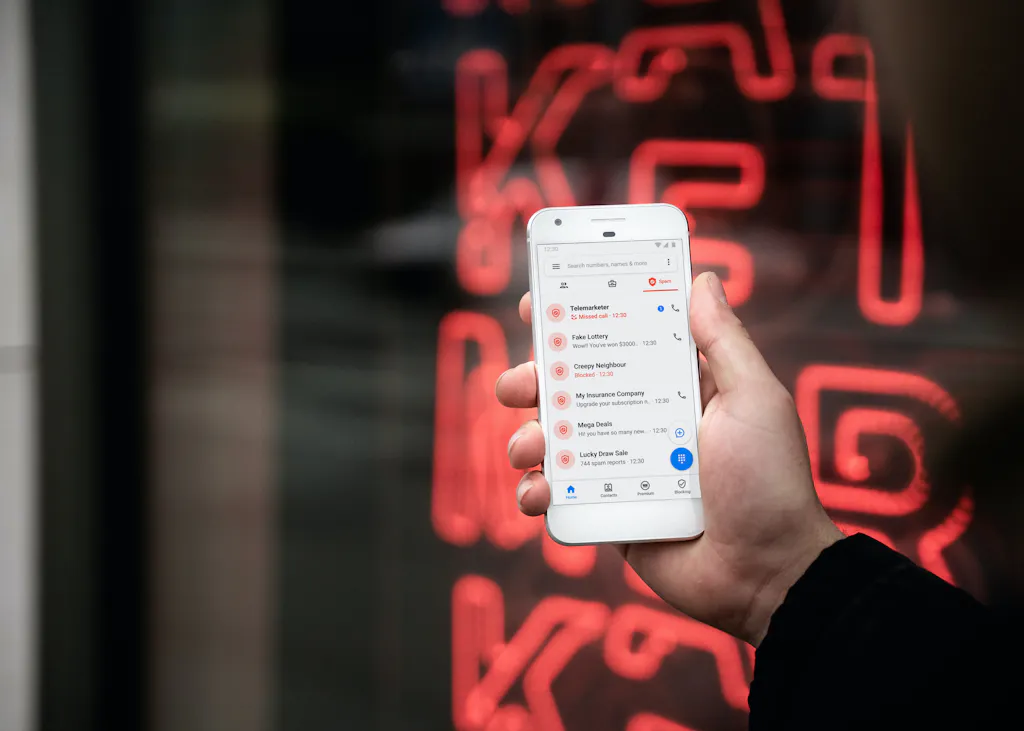Financial scams are becoming more and more legitimate-looking and personal. But you don’t need to worry because MAJORITY has got your back. Here are some common money scams and how to deal with them.
1. Delivery gimmicks
Someone turns up at your door with flowers or a gift somebody supposedly sent you. To collect the gift, they ask for a handling fee paid by credit card. So far, so small. In this ploy, though, the scammer “skims” your credit card information – capturing the info stored in a credit card’s magnetic stripe using a small device. Not OK.
Unless you have personally ordered something and agreed to pay cash on delivery, do not accept the item.
2. Sweetheart scams
This one is far from romantic. Criminals are hiding behind dating sites and establishing online relationships with victims. After chatting to you and gaining your confidence, they ask for money or private information. Try to use your gut instinct. If someone is begging you to borrow money or asking too many specific personal questions, unmatch or delete (and report) them. On sites like Facebook, only accept friend requests from people you know.
3. Grandparent cons
In this scam, the criminal poses as a relative texting, calling or emailing you saying they are in trouble and asking for money right away. They will tell you to send the funds to a bank account you don’t recognize. Try to check up on the person they’re pretending to be if you’re unsure, and notify the police to stop the scammer ASAP.
4. Lottery hoaxes
This one works by someone contacting you saying you’ve won the lottery or a sweepstake! How convenient. However, to claim the prize, you must pay a processing fee. The caller could ask for your birth date, credit card number or other personal information. Remember, legit promotions will never ask you to pay to win a prize. Avoid at all costs.
5. Fake fundraisers
Sometimes scammers will pose as charity workers seeking urgent donations. They will ask for money using your credit card or a direct debit from your checking account. Of course, you want to be generous and help where you can. But make sure you thoroughly research organizations and look up the physical address to mail donations directly – so that you’re helping worthy causes and not paying a con artist.
6. IRS frauds
Beware of fake IRS agents and bogus tax bills. Sometimes people try to scare victims into giving up financial information. If you are on the receiving end of something like this, hang up or ignore the letter. You can Google the phone number of the IRS and check with the real deal whether they are trying to get in touch with you. The IRS would never ask for payment over the phone or via email.
7. Telephone scams
Unfortunately, this scam has been around almost as long as the telephone has. Scammers will call you pretending to sell something or faking it as a customer service representative. They will try to keep you on the phone and get as much personal information as possible from you. Unless you’ve called the company to buy something, just hang up.
70% of fraud reports are phone scams according to the Federal Trade Commission, so it pays to stop answering the phone.
8. Email/text ploys
Finally, watch out for messages saying a company’s website has been hacked and asking you to update your information. You get directed to a fake site and the scammer steals your details. Only click on links within emails from senders you recognize.
Do not feel ashamed if you are a victim of a scam. It’s more common than you think. Do report it to your local police and notify MAJORITY or your other bank or credit card companies immediately.
Telling as many friends and family members about the scam will help keep more people alert too.

